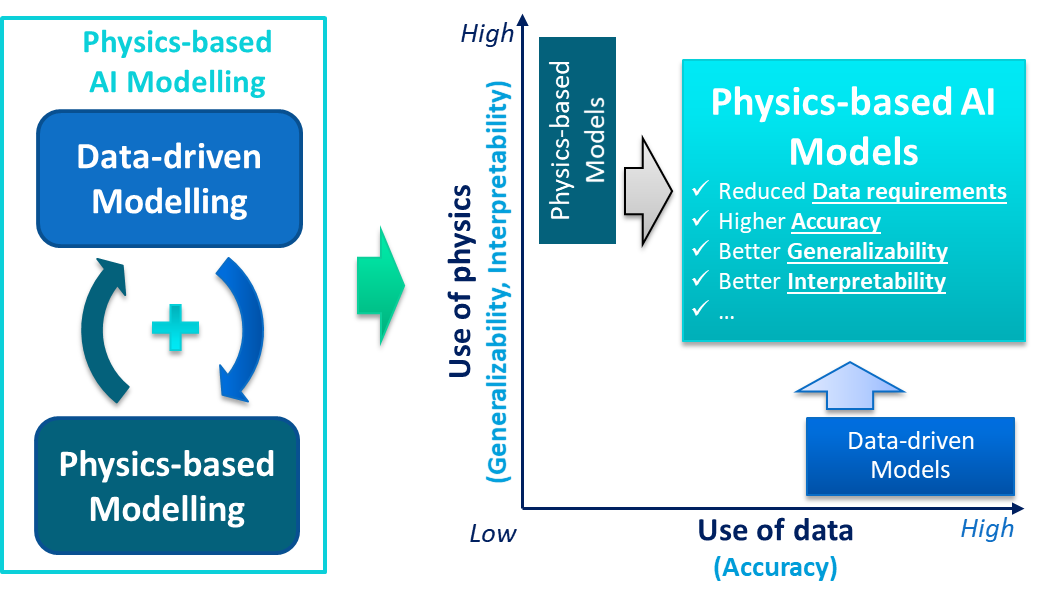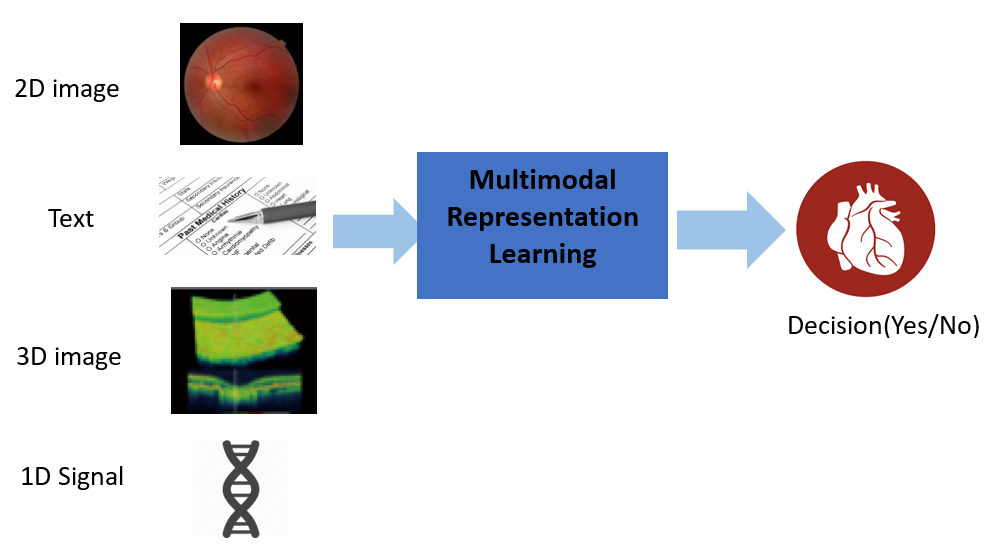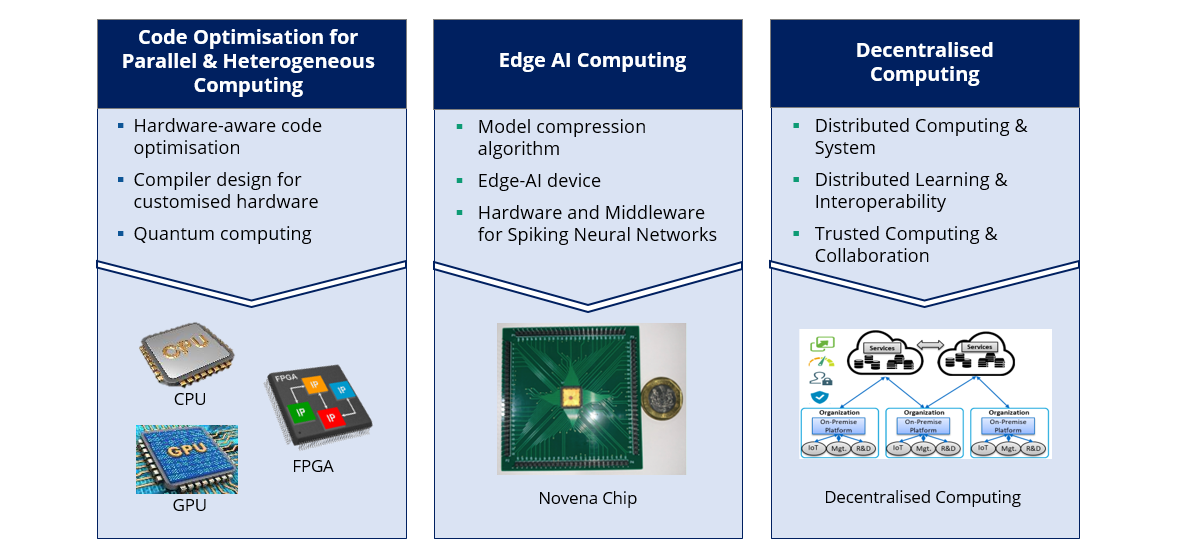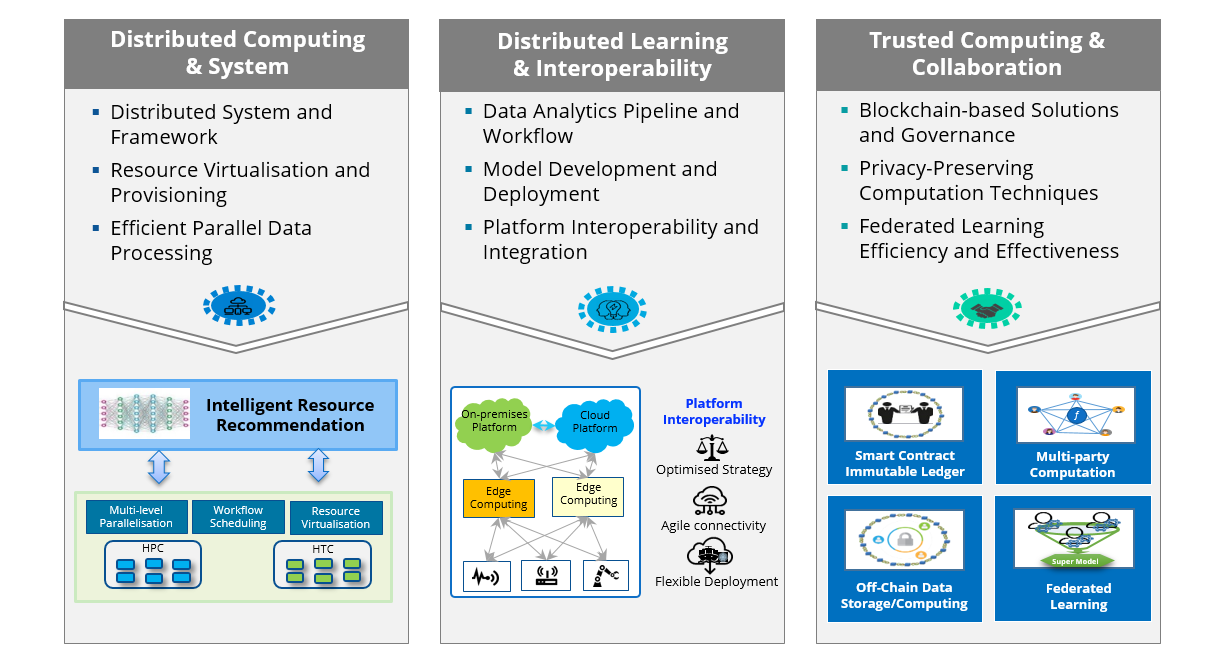Computing & Intelligence
IHPC strives to create efficient and intelligent technologies through innovative knowledge-driven AI algorithms and advanced computing techniques and platforms. The key research areas include Computational Artificial Intelligence, High Performance Computing and Decentralised Computing, which are motivated by real-world applications with societal and/or economic benefits.
From these research outcomes, we innovate technologies that are used in the real-world through partnering closely with public sector agencies and companies (SMEs, LLEs and MNCs). Some of our capabilities and technologies are as follow:

From these research outcomes, we innovate technologies that are used in the real-world through partnering closely with public sector agencies and companies (SMEs, LLEs and MNCs). Some of our capabilities and technologies are as follow:

A*STAR celebrates International Women's Day

From groundbreaking discoveries to cutting-edge research, our researchers are empowering the next generation of female science, technology, engineering and mathematics (STEM) leaders.
Get inspired by our #WomeninSTEM
.png?sfvrsn=ff199933_15)





